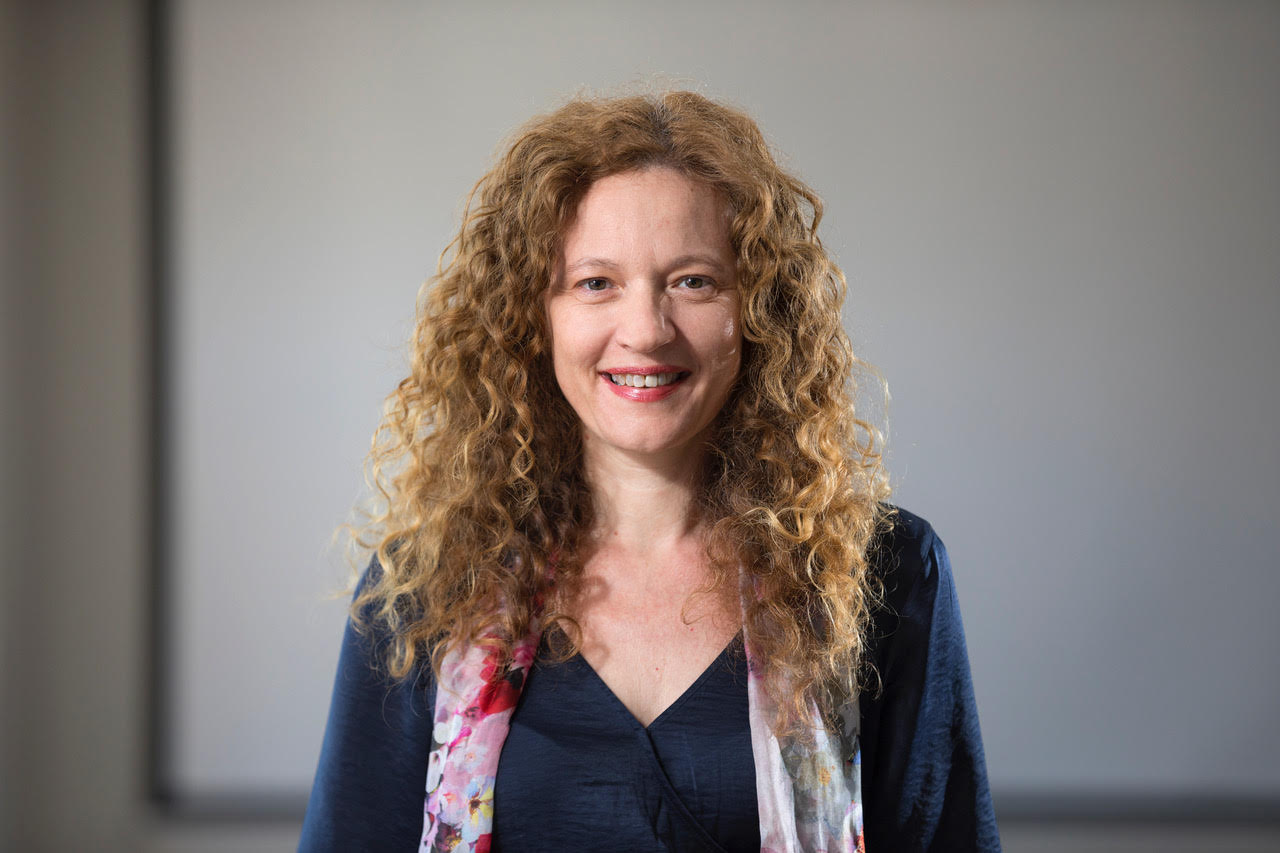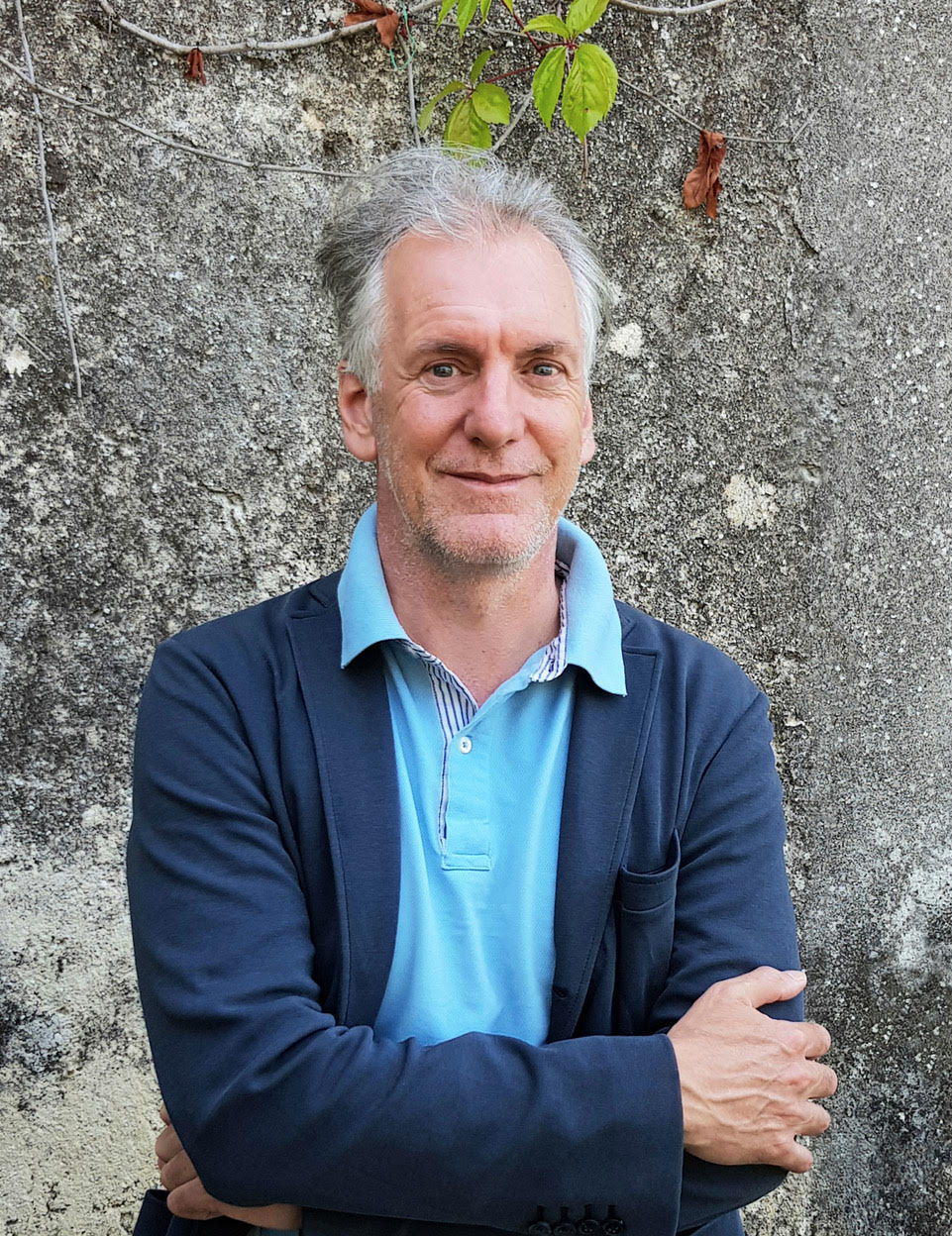Amina Helmi en Ronald Stark versterken directie NOVA
De Nederlandse Onderzoekschool voor Astronomie (NOVA) krijgt twee nieuwe directieleden. Ronald Stark (nu nog werkzaam bij NWO) is per 1 september de nieuwe uitvoerend directeur van NOVA. Amina Helmi (hoogleraar Dynamica, structuur en vorming van de Melkweg aan het Kapteyn Instituut van de Rijksuniversiteit Groningen) wordt per 1 oktober adjunct-wetenschappelijk directeur, in samenwerking met de huidige wetenschappelijk directeur Ewine van Dishoeck (hoogleraar Moleculaire astrofysica in Leiden, Kavli-prijswinnares en president van de Internationale Astronomische Unie IAU).
NOVA-bestuursvoorzitter Huub Röttgering (directeur van de Sterrewacht Leiden, Universiteit Leiden) is verheugd over de benoeming van de twee nieuwe directieleden: “Prachtig om te zien dat NOVA met zo’n sterk team de toekomst in kan gaan.” Directeur Ewine van Dishoeck: “Met de komst van Helmi en Stark zal de sterke link tussen topwetenschap en topinstrumentatie bij NOVA ook in de toekomst verzekerd zijn.”
De Nederlandse Onderzoekschool voor Astronomie (NOVA) coördineert en stimuleert de universitaire astronomie in Nederland via een gezamenlijk onderzoeks- en instrumentatieprogramma. De toponderzoekschool bundelt de krachten van astronomen aan de universiteiten van Amsterdam (UvA), Groningen (RUG), Leiden (UL) en Nijmegen (RU). NOVA werkt nauw samen met NWO-instituten SRON en ASTRON.

Helmi
Amina Helmi is een van de grondleggers van de zogeheten galactische archeologie: de reconstructie van de geschiedenis van sterrenstelsels aan de hand van de huidige posities, bewegingen en samenstelling van sterren. Als een sterrenkundig archeoloog zoekt ze naar overblijfselen van oude sterrenstelsels om aan de hand hiervan de evolutie van onze Melkweg te reconstrueren. Al tijdens haar promotieonderzoek ontdekte Helmi de restanten van een klein sterrenstelsel dat miljarden jaren geleden is samengesmolten met onze jonge Melkweg. Deze verzameling sterren staat sindsdien bekend als de Helmi-stroom. Haar ontdekking was de eerste bevestiging van het idee dat onze Melkweg opgebouwd moet zijn uit kleinere, oudere sterrenstelsels. Helmi’s visie en leiderschap zijn cruciaal geweest voor het sturen en realiseren van de wetenschappelijke oogst van de Europese ruimtetelescoop Gaia. Helmi weet voor haar onderzoek belangrijke beurzen te veroveren, zoals een Vidi- en een Vici-beurs en een ERC Starting Grant. Daarnaast heeft ze meerdere prestigieuze prijzen gewonnen. Dit jaar ontvangt de in Argentinië geboren Helmi de Spinoza-premie, de hoogste Nederlandse onderscheiding in de wetenschap.

Stark
Astronoom Ronald Stark is na zijn promotie in 1993 werkzaam geweest bij de École Normale Supérieure in Parijs en het Max-Planck-Institut für Radioastronomie in Bonn. Vanaf 2002 is hij verbonden aan NWO, van 2008-2017 als hoofd astronomie en op dit moment als secretaris van de Permanente Commissie voor Grote Wetenschappelijke Infrastructuur (de ‘Roadmap-commissie’). Hij was nauw betrokken bij het opzetten en uitbouwen van Europese samenwerkingsinitiatieven, en de ontwikkeling van verschillende internationale en multidisciplinaire onderzoeksprogramma’s. Ook was hij bestuurslid van astronomische observatoria in Europa en de VS. Stark zal als uitvoerend directeur toezien op het NOVA-instrumentatieprogramma dat is gericht op de ontwikkeling van optische-infrarood- en submillimeter-instrumenten, met name voor de grote (toekomstige) telescopen van de Europese Zuidelijke Sterrenwacht (ESO). In deze functie volgt hij Wilfried Boland op, die het programma tot bloei heeft gebracht en internationaal op de kaart heeft gezet.
